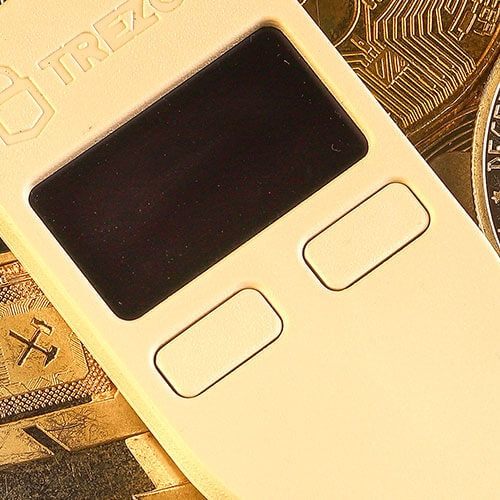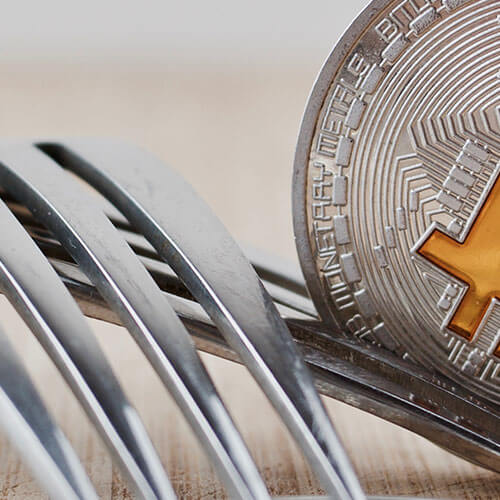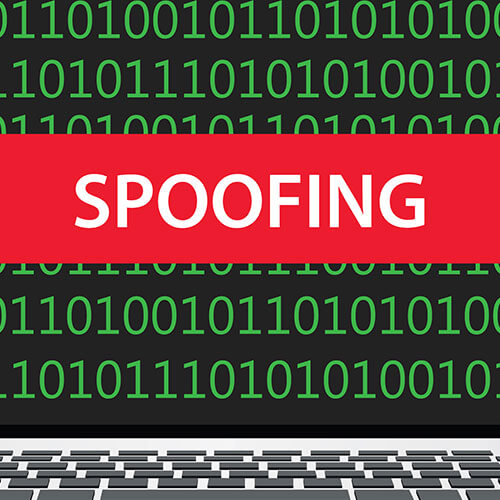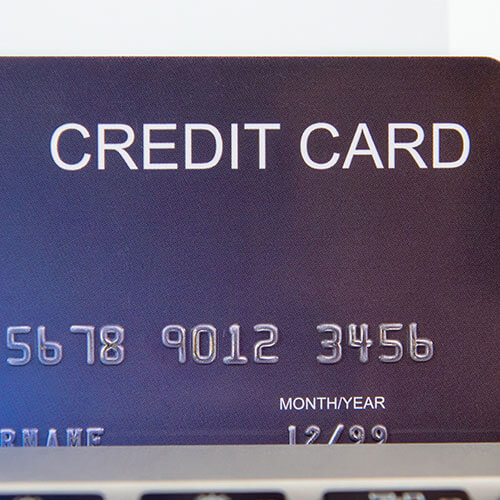What Coins Does Trezor Support?
Cryptocurrencies don’t exist as physical assets. Instead, they are confined to their native blockchain network and only change digital locations, known as blockchain addresses, during money transfers. These blockchain or crypto wallet addresses are used for safely storing cryptos beyond the reach of cyber attackers. There are several types of cryptocurrency wallets on the market, with hardware wallets being the safest option for storing your funds.
Hardware wallets come in the form of USB devices that are manufactured by companies that specifically deal with blockchain security and asset storage solutions. These USB devices can’t be used for anything else besides storing cryptocurrency and they provide the strongest asset protection thanks to their cryptographic solutions and advanced safety features.
The key to the safety of hardware wallets is the fact that they store private keys offline, without any internet connection, unlike software wallets, which require a constant internet connection and thus provide cyber attackers with an opportunity to compromise your assets.
One of the most popular hardware wallet manufacturers in the world is Trezor.io. In this review, we’ll take a closer look at Trezor’s products, the cryptos they support, and the features that make them so secure.
The Trezor Hardware Wallet
Trezor is one of the oldest crypto security companies on the market. It’s actually owned by SatoshiLabs, a developer team that is closely linked to the Bitcoin (BTC) project. The Trezor One hardware wallet was designed in 2013 and launched on the market in 2014 as the first hardware crypto wallet in the world.
At that time, cryptocurrencies were still a pretty new asset class, since BTC was launched just 5 years earlier as the first digital currency. Nevertheless, cryptocurrencies were already a prime target for cyber attackers. Numerous software wallets were present on the market, along with crypto exchange platforms that offered asset storage services, but all of these solutions required an internet connection and stored private keys either on central servers or on users’ smartphones and computers. This meant that a hacker could potentially gain access to someone’s private keys if they managed to hack the server or personal device on which the keys were stored.
Trezor and SatoshiLabs came up with the idea to create a physical device that keeps private keys offline and is protected with multiple layers of encryption, making it literally impossible for anyone to steal the stored cryptos. The result was the first Trezor wallet, which introduced hardware crypto storage to the market and quickly became immensely popular among traders and investors who wanted to store high volumes of digital currencies safely.
Trezor wallets are multi-currency wallets that can support a huge variety of coins and tokens. These devices allow quick user access to stored funds, thanks to their user-friendly management tools and the secure USB cable connection to a desktop or laptop computer.
While standard software crypto wallets protect private keys with a single password, Trezor wallets have multiple layers of security, including passwords, PIN codes, passphrases, and multiple encryption tools to keep your coins safe.
Trezor One
Trezor One is the first model of Trezor hardware wallets. The wallet comes in the form of a small, elegant USB device that can be connected to a computer or laptop with a USB cable. In order to manage your Trezor One wallet, you need to install the official Trezor firmware on your computer or smartphone. The wallet has two buttons for approving transactions and a small screen where users can view their transfers and coin balances.
All major operating systems are supported by the Trezor One wallet, including Windows, macOS, and Linux for PCs and laptops. In case you want to use the Trezor firmware to manage your wallet with your mobile device, the wallet supports both Android and iOS operating systems.
Trezor comparison of models
When Trezor One was launched, some users were puzzled by the fact that you need to connect the device to a computer and subsequently to the internet in order to manage your coins effectively. Actually, this online access doesn’t have any effect on the private keys stored on your Trezor One wallet, because of the device’s security features that act as a barrier between the internet connection and the stored assets.
Trezor Model T
The Trezor Model T was launched in 2018 and took crypto storage security to the next level by introducing several improvements and features including a bigger screen that has become a touchscreen on the Model T. The possibility of using a USB cable to connect your Trezor wallet to a computer remained an option, but now, users could also connect to their wallet through a wireless Bluetooth connection. You can even transfer data between your Trezor device and your computer through an SD card, thanks to the new built-in SD card slot.
Trezor features
In order to manage your wallet, send and receive coins, you need to use the Trezor Suite application that’s easy to install on your desktop or mobile device. Through this app, you can facilitate transactions and import all your desired cryptos. There’s no need to install any specific apps for each cryptocurrency as you would with Ledger Nano S and Ledger Nano X hardware wallets, which do require specific apps for each coin. With Trezor, you just need to check whether the wallet supports the cryptos you wish to store.
Trezor firmware is regularly updated and it represents a huge part of the wallet’s security. Be sure to always update the firmware, because Trezor developers are constantly implementing software upgrades in order to keep up with various new cyber threats. All updates are free of charge, which means that once you buy a Trezor wallet, you’ll never have to pay any additional fees or hidden charges for its maintenance. Additionally, you can use a Trezor wallet with various popular software wallets such as Exodus or Myetherwallet in a totally secure manner, while having quick access to your coins.
Trezor Security Features
Trezor hardware wallets are famous for their industry-leading security features, so let’s check out the different safety measures implemented by SatoshiLabs that keep your cryptos secure:
- Secure USB connection – When you connect your Trezor wallet to your computer, the PC’s internet connection is blocked from reaching your private keys and even in case the computer is infected with some sort of malware, your coins are still safe. The measure in question is called a Limited USB connection.
- Password, PIN and recovery phrase – Trezor wallets apply several layers of password protection. The device itself needs to be manually unlocked through a personal PIN code, but this PIN is insufficient to access the stored funds without the wallet password that’s entered through the Trezor Suite app. Additionally, you also get a recovery phrase that’s used to recover your wallet’s content in case you lose it. The recovery phrase is randomly generated and it’s composed of 24 words on the Trezor One wallet, and 12 words on the Model T.
- Trezor devices use a BIP39 standard password, which is an advanced cryptographic security standard. Your password isn’t stored on the device, which means that even in the case of a manual hack, an attacker would not be able to get hold of your password and access the device.
- When you connect your Trezor device to a computer or mobile phone, the bootloader automatically checks the firmware signature to make sure it’s up to date and legit. If the operating system detects an invalid firmware signature, it automatically erases all the contents of the device in case someone makes an attempt to access it through a security hack with unauthorized software. If this happens, you can always recover your wallet with the recovery phrase.
- The SSH login protocol enables users to protect all stored data and the two-factor authentication (2FA) requires two levels of authorization for every transaction.
Supported Coins by Trezor Wallets
One of the best things about Trezor wallets, besides the high level of security they offer, is definitely the huge selection of supported crypto coins and tokens. Many multi-currency wallets only support a dozen of the most popular digital currencies. Trezor, however, offers much more.
Trezor special features
Trezor wallets support more than 1,000 different cryptocurrencies, including Bitcoin (BTC), Ethereum (ETH), Ethereum Classic (ETC), Cardano (ADA), Ripple (XRP), Bitcoin Cash (BCH), Monero (XMR), Tether (USDT), Nem (XEM), Eos (EOS), Dogecoin (DOGE), Stellar Lumens (XLM), Bitcoin Gold (BTG), Zcash (ZEC), Litecoin (LTC), Dash (DASH) and many other altcoins.
It’s worth noting that you can store any ERC-20 tokens on Trezor devices, which opens huge possibilities, given the fact that there are hundreds of popular Ethereum based tokens on the market.
A Few Ending Words…
If you’re looking to store high volumes of crypto coins and tokens safely, offline, Trezor hardware wallets are a great choice. There’s no way these devices will fail you, as they provide some of the best security features on the market and you can literally store your whole crypto portfolio on one single wallet as it supports all of the most popular cryptocurrencies.






